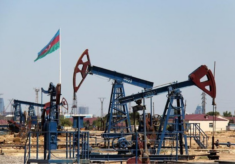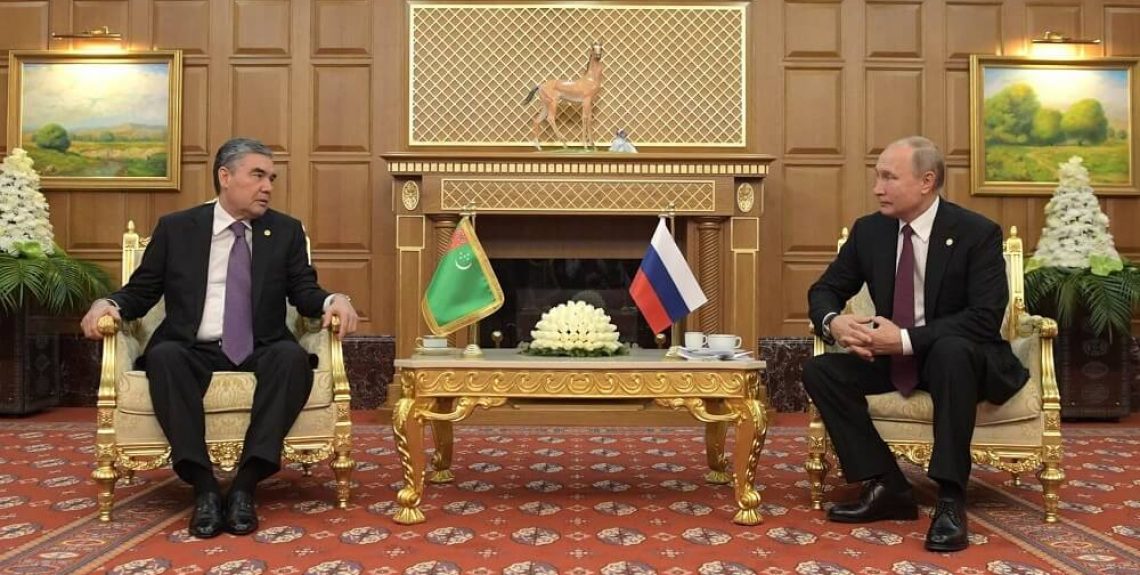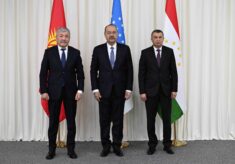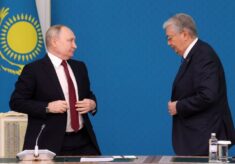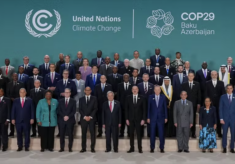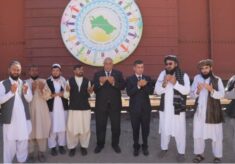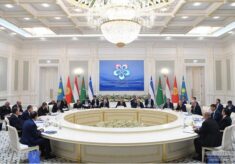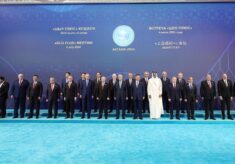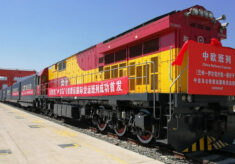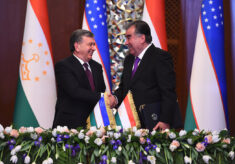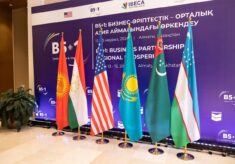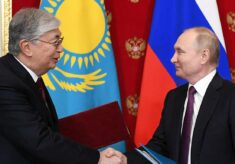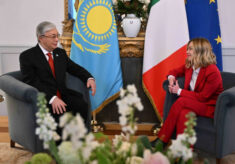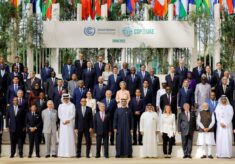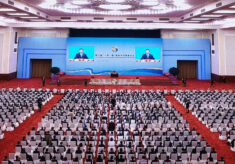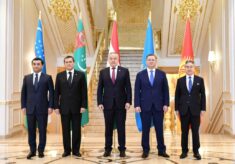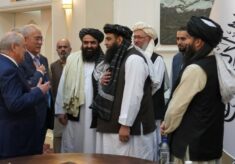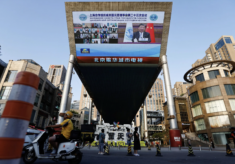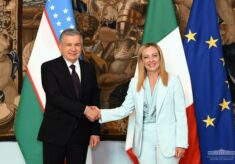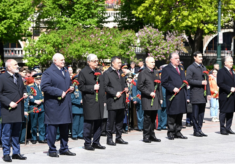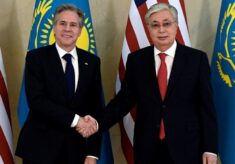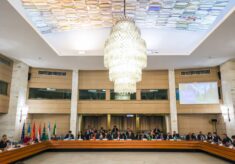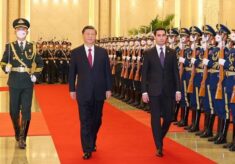Exactly 25 years ago — on the 12th of December 1995 — the United Nations General Assembly asked its members to recognize Turkmenistan as a neutral state, giving international recognition to the choice of the first Turkmen President Niyazov to undertake a foreign policy based on permanent neutrality (Baky Bytaraplyk), after joining the not-aligned movement.
The current President, Berdymukhamedov, has decided to maintain the same approach in foreign policy. However, in spite of its abundance of natural gas reserves and its strategic geographic position of centrality as a strategic bridge between east and west, Turkmenistan has so far failed to obtain significant geopolitical, economic and strategic gains by adhesion to the Baky Bytaraplyk,
In the first years of independence from the Soviet Union, the adoption of a neutrality status reflected Nyazov’s approach toward the big challenge to enhance the political and economic sovereignty as well as to preserve national territorial integrity. According to the Baky Bytaraplyk (which is expressly included in the Constitution) Turkmenistan can neither join any military alliances nor host foreign military bases in its territory. Moreover, the country cannot evidently participate in armed conflicts — with the exception of self-defence — nor join economic blocs [Luca Anceschi, “Turkmenistan’s Foreign Policy: Positive Neutrality and the Consolidation of Turkmen Regime”, London, Routledge, 2009, pp.26–29].
During his presidency, Berdymukhamedov has introduced significant changes to the national foreign policy. The neutrality status remains the cornerstone of the Turkmen foreign policy but he progressively set aside the isolationist approach, developing profitable relations with eastern and western countries — all of them interested in obtaining energy concessions from the country which holds the world’s fourth largest natural gas reserves. At the same time, Turkmenistan refuses to join multilateral regional organizations backed by Russia and China in the security field (the Collective Security Treaty Organization as well as the Shanghai Cooperation Organization) and in the economic field, such as the Eurasian Economic Union. This latter supra-national project is perceived by Ashgabat as a dangerous attempt by Moscow to reaffirm its own imperialistic ambitions to lead economic integration in the post-Soviet space.
Nevertheless, Turkmenistan’s self-exclusion from regional security organization exposes the country to a dangerous vulnerability, due to its inability to provide security along the border with Afghanistan. There, Taliban fighters control most of the Afghan provinces, and the presence of Central Asian foreign fighters linked to the Islamic State (IS) is on the rise.
This condition of persistent instability along the shared border heavily delays the implementation of energy projects (the TAPI gas pipeline to the Pakistan and India markets: electricity interconnections), trade and transport cooperation which will be necessary to boost the national economy, diversifying exports and finding new markets.
Berdimuhamedov’s participation at the second Central Asian Consultative summit held in Tashkent in December 2019 represented therefore an important shift in Turkmenistan foreign policy, potentially paving the way to an embryonic cooperation with Central Asian republics to create a forum of dialogue to deal with common problems in the economic and security field.
